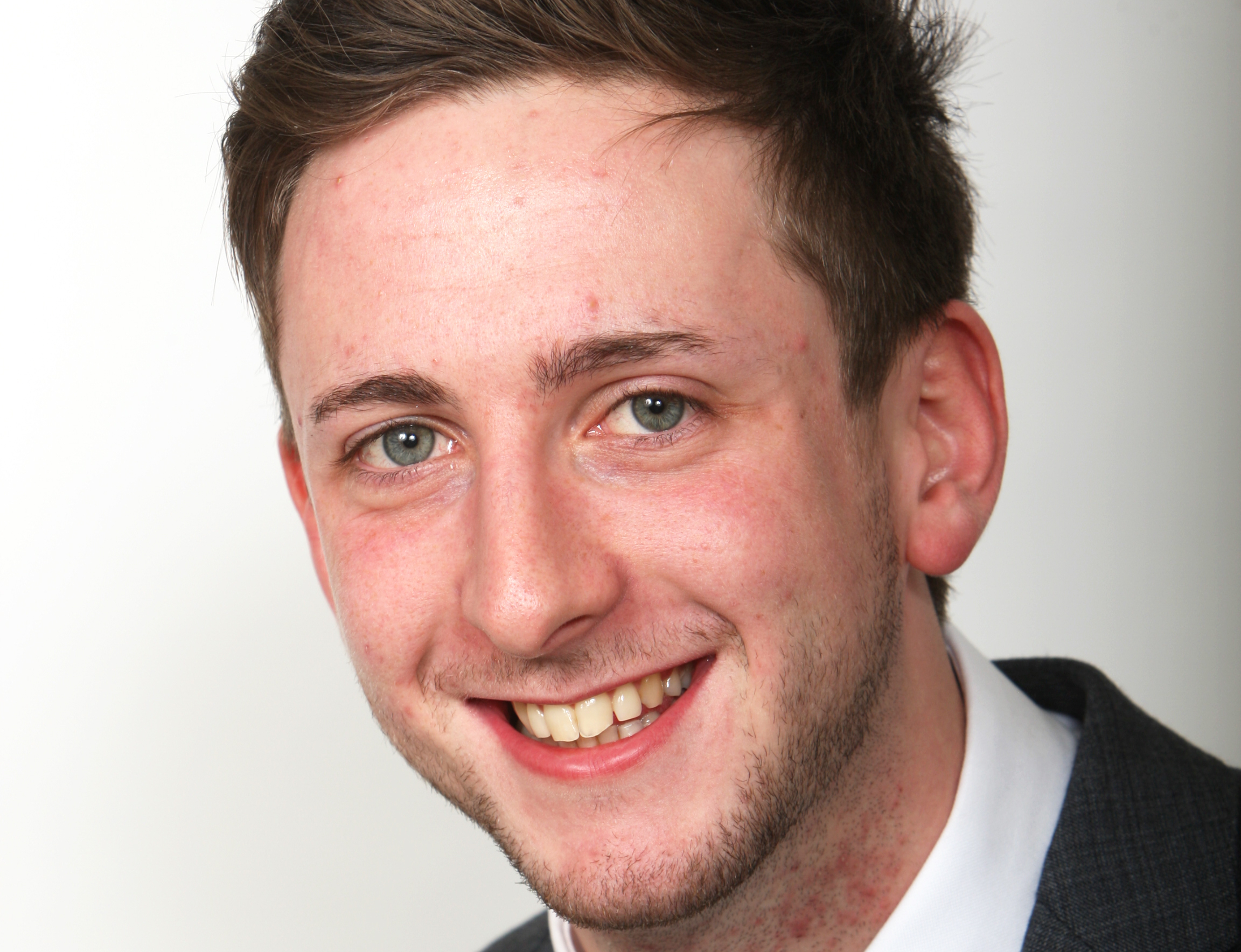Name: Thomas Broster
Firm: Brabners
Position: Trainee
Degree: Law
University: University of Liverpool
Hobbies: Music, gigs, gym and football
Current Department: Commercial/IP
Number of TC applications made and interviews attended: 6/1
Why did you decide to train as a solicitor?
I originally studied A level law in school. I had a brilliant teacher who knew how to engage with the students. He also had some great anecdotes from his days as a personal injury solicitor.
I ended up doing quite well in my law AS level, and following a conversation with my teacher, decided to study law at university.
Like most students, there were some modules in university that just didn’t interest me, but others such as Intellectual Property, Commercial and Internet Law really grabbed my attention.
I brought a book titled How to Get a Training Contract (or something similar), which reiterated the need for prospective trainee solicitors to undertake relevant work experience. I sent letters and emails to numerous firms in Liverpool asking if I could undertake work experience with them, across a range of departments. Many didn’t reply, but some did.
I found most of the work experience I undertook interesting, but more importantly it helped me to understand which areas of law I could see myself pursuing a career in. This helped me focus where to apply for a training contract.
What were the biggest challenges you faced when trying to secure a training contract?
The biggest challenge was to understand the skills law firms require their prospective trainees to have. As such, tailoring the training contract application accordingly was a challenge. It was difficult to ensure that every answer I gave contained evidence of my relevant skills and experience, and information which the firm would be interested in.
Once I’d completed an application, I would review it and ask myself whether it fairly represented who I am and my skill-set.

What was the toughest training contract interview question you were asked and how did you answer?
Do you think you are commercially aware?
Without sufficient interview preparation this could have taken me by surprise. I think it is good to show who you really are during an interview but you can also help yourself by preparing answers for questions which you know you are likely to be asked. At least having relevant examples of your experience to mind which you can draw upon can really help.
Luckily I was able to talk about when I worked as a part-time shop manager during the summer before my LPC started. While working there I would have to submit orders of craft beer to our suppliers. One night, while shopping in supermarket, I noticed that it had started to sell some of the beer which we stocked, at a lower price per unit than we were able to order from our supplier! I raised this with the shop’s owner who investigated the impact this would have on the profitability of certain product lines.
Tell us a bit about the type of work handled by the department you’re in at the moment…
Our team handles all aspects of contentious and non-contentious intellectual property law mainly specialising in trade marks, design prosecution and copyright. The team also specialises in commercial contract drafting and negotiation, public procurement, competition law and commercial law with a IT/Technology focus.
What are the most enjoyable aspects of your job?
I enjoy that I am given a high level of responsibility, often liaising directly with clients and third parties (such as the UK or European Union Intellectual Property Office) in relation to both contentious and non-contentious matters IP matters.
Being given the responsibility of managing your own workload and meeting strict deadlines is also important and is something that develops throughout your training contract.
What about your job didn’t you expect before you started?
I didn’t expect to have the work-life balance I do. There is no “face time” culture at Brabners, which is great.
Who’s the most recent email in your inbox from, and what’s it about?
From a client, thanking me for sending over two finalised sponsorship agreements.
One agreement is a bespoke amendment to a sponsorship agreement proposed to them by a large national charity. The other is a template – the client did not have a template sponsorship agreement which it would need for future negotiations with other sponsors, so we also drafted a precedent agreement.
Tell two truth and one lie about yourself
- I play in a band called Broster and the Boat.
- I once asked Emma Thompson for her phone number, who swiftly rejected my request.
- I accidently used double the amount of ingredients when brewing beer which caused 24 bottles to explode in my flat.
If you had not decided to become a lawyer, what career would you have chosen?
I think I would have chosen something music related. I probably would have tried to study music or music production at Liverpool Institute of Performing Arts, or somewhere similar, and tried to go on tour with Ed Sheeran!
What advice would you give to someone who wants to pursue a career in law?
In my opinion, the most important thing is to make sure that you have as much relevant work experience as you possibly can before applying for training contracts. Not only will this make you a more attractive candidate to law firms, but you also need to be sure that law is for you. You cannot have a comprehensive understanding of what it’s like to be a solicitor from simply studying law. Studying and practising law are entirely different disciplines!






























